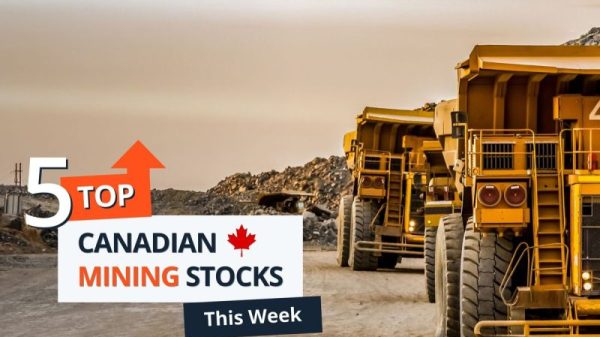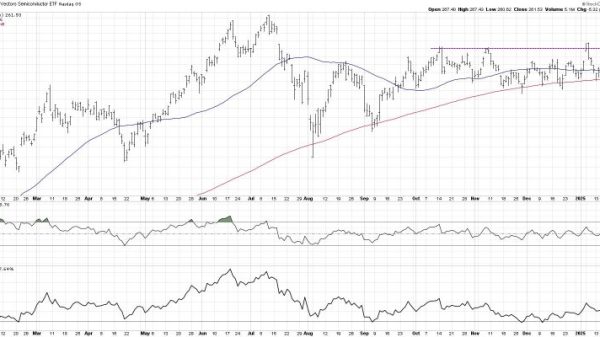A deadly heat wave in Gaza in April, which saw punishing temperatures worsen an already dire humanitarian crisis, was made hotter and more likely by the human-caused climate crisis, according to an analysis published Tuesday.
Gaza was not alone. Several heat waves spanning a vast area of the Asian continent last month during the world’s hottest April on record were made more intense and likely by the climate crisis, the analysis from the World Weather Attribution initiative (WWA) found.
The WWA report divided the heat waves into three areas: West Asia, the Philippines and a region spanning South and Southeast Asia.
In West Asia, the analysis focused on the Palestinian territories, Syria, Lebanon, Israel and Jordan, where temperatures spiked above 40 degrees Celsius (104 Fahrenheit) last month. It found climate change made the heat in this region around five times more likely and 1.7 degrees Celsius hotter than it would have been before humans started burning large amounts of fossil fuels.
Soaring temperatures had a particularly stark impact on the 1.7 million displaced people in Gaza, already struggling with insufficient water access and inadequate healthcare. There was little respite from the relentless heat for those crammed into makeshift tents and shelters, often covered with plastic sheets. At least three people, including two children, reportedly died from the heat, the analysis notes.
In the Philippines, the extreme heat last month — which forced hundreds of schools to close as temperatures reached more than 42 degrees Celsius — had such a strong link to human-caused global warming the report concluded it would have been impossible without it.
To calculate the influence of climate change on the extreme heat, WWA researchers used weather data and computer models to compare the world’s current climate — which is around 1.2 degrees Celsius warmer than before humans started burning large amounts of fossil fuels — with the climate of the past.
“From Gaza to Delhi to Manila, people suffered and died when April temperatures soared in Asia,” Friederike Otto, senior lecturer in climate science at the Grantham Institute for Climate Change and the Environment and a report author, said in a statement. “Heat waves have always happened. But the additional heat, driven by emissions from oil, gas and coal, is resulting in death for many people.”
The scientists also examined the role of El Niño, a natural climate pattern that influences global weather.
While they found it had no influence in West Asia’s April heat, it did affect the intensity of heat in the Philippines, pushing up temperatures by 0.2 degrees Celsius. However, the impact of climate change there was greater, increasing temperatures by about 1.2 degrees.
In today’s warmer world, the kind of extreme heat waves experienced in Gaza and West Asia, as well as the Philippines, are not rare and can be expected around once every 10 years, the report found. But it warns worse could be in store.
If the planet’s average temperature rises to 2 degrees Celsius above pre-industrial levels, which is predicted to happen in the 2040s or 2050s if the world does not decarbonize fast enough, similar extreme heat waves could be expected once every five years in West Asia and every two to three years in the Philippines.
Heat wave made 45 times more likely
The WWA analysis also looked at parts of South and Southeast Asia, many of which also experienced unprecedented heat last month.
Myanmar, Laos and Vietnam all broke records for their hottest April day, while temperatures spiked to 46 degrees Celsius (115 Fahrenheit) in India. Bangladesh and Thailand also experienced scorching April temperatures and were included in the study.
Climate change also played a pronounced role in this region, according to the analysis, making the heat 45 times more likely and 0.85 degrees Celsius hotter.
The scientists took a simpler approach than usual for this part of Asia, looking only at weather data and not computer models, because the region overlapped with two previous analyses of extreme heat events in 2022 and 2023, which also found climate change played a strong role.
The numbers in the report are important, Otto said, “because they show us that everywhere climate change is an absolute game changer when it comes to extreme heat.” But numbers alone don’t necessarily show how bad the impacts are — these depend on people’s vulnerability and exposure.
Days of temperatures above 40 degrees Celsius (104 Fahrenheit) were “particularly difficult for people working outdoors, people living in informal housing (and) people living in refugee camps,” Otto said.
Asia is also home to some of the planet’s fastest growing cities, said Carolina Pereira Marghidan, climate risk consultant at the Red Cross Red Crescent Climate Centre, on a call with reporters. This has led to rapid, unplanned development. “Many cities have seen extreme losses of green space,” Pereira said, increasing the impacts of extreme heat on residents.
The world must take “massive, unprecedented steps to reduce emissions,” said Mariam Zachariah, a researcher at the Grantham Institute, in a statement. If not, she added, “extreme heat will lead to even greater suffering in Asia.”


































